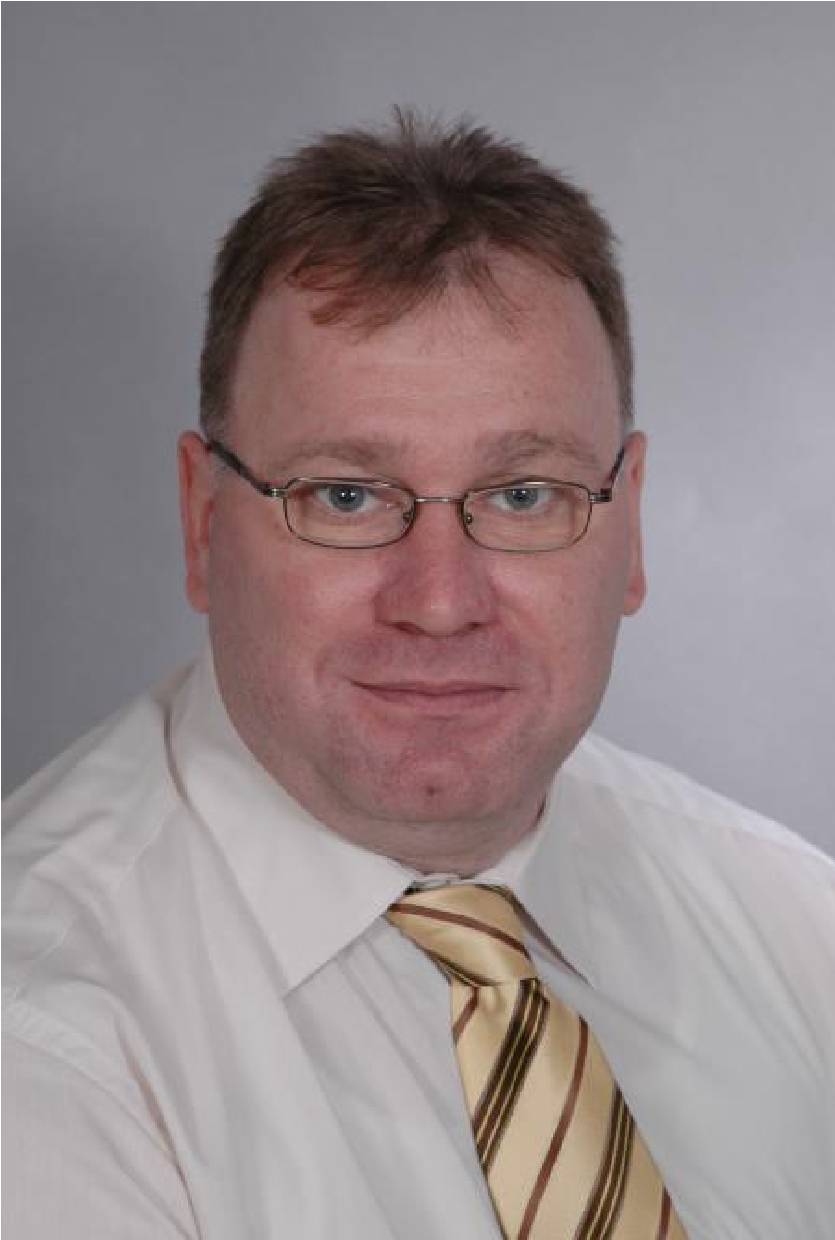-
SalaryN. N.LocationNuremberg, GermanyIndustryelectrical engineeringJob Description
Our client is a driven by a commitment to operations, and services are used in more than 170 countries and regions, serving over one-third of the world's population with 197,000 employees worldwide.
Digital Power is a business unit within our client’s organization that provides Enterprise & Industry customers, products and solutions like clean power generation, transportation electrification, site power facilities, data center facilities, and embedded power.
Digital Power is committed to integrate Digital and Power Electronics technologies to provide customers with high-quality, energy-efficient, green, and low-carbon power electronics products, facilitating their business success.
Power Conversion Technology Laboratory will play an important role in the Digital Power Business Unit in the design and development of power converters and control systems for applications such as data centers, PV, AC-DC, and DC-DC power supplies.
As an employee, you will be part of the Energy R&D Competence Center in Nuremberg.
The Energy Junior Engineer specializing in UPS Power Hardware Electronics will join our research laboratory team, bringing a minimum of two years of experience in the field.
The Junior Engineer will actively participate in research projects focused on uninterrupted power supply (UPS) systems and hardware electronics, contributing to the development of innovative solutions and advancements in the field.
This role offers an exciting opportunity to work in a dynamic research environment and make significant contributions to the future of UPS power technology.
Responsibilities
Research and Development:
Conduct research and development activities related to UPS power hardware electronics in collaboration with the research laboratory team.
This includes exploring new technologies, analyzing market trends, and proposing innovative solutions to enhance UPS power systems' efficiency, reliability, and performance.
Experimental Design and Setup:
Assist in designing and setting up experiments to evaluate and validate UPS power hardware electronics concepts.
This involves selecting appropriate testing methodologies, equipment, and instruments, as well as defining relevant parameters and metrics for data collection.
Data Collection and Analysis:
Perform data collection during experiments and analyze the results using statistical and analytical techniques.
Interpret findings, identify trends, and draw meaningful conclusions to support research objectives and contribute to scientific publications or technical reports.
Prototyping and Testing:
Collaborate with the engineering team to build prototypes of UPS power hardware electronics and conduct rigorous testing.
Verify the functionality, performance, and safety of prototypes and make recommendations for improvements or modifications based on test results.
Literature Review:
Conduct literature reviews to gather information on the latest advancements, publications, and patents in the field of UPS power hardware electronics.
Summarize and share key findings with the research team to stay up to date with state-of-the-art technologies and contribute to the laboratory's knowledge base.
Documentation and Reporting:
Prepare accurate and detailed documentation of research activities, experimental setups, and test procedures.
Contribute to technical reports, research papers, and presentations to disseminate research findings within the laboratory and to external stakeholders, conferences, or journals.
Collaboration and Teamwork:
Collaborate with multidisciplinary teams within the research laboratory, including researchers, scientists, engineers, and technicians.
Participate in team meetings, share insights, and provide technical support to team members working on related projects.
Safety and Compliance:
Adhere to safety protocols and guidelines while working in the research laboratory.
Ensure compliance with relevant regulations, ethical standards, and institutional policies throughout research activities.
Continuous Learning and Development:
Stay updated with emerging technologies, industry trends, and scientific advancements related to UPS power hardware electronics.
Engage in professional development activities such as attending conferences, workshops, or training programs to enhance knowledge and skills in the field.
Requirements
Minimum of two years of experience working in a research laboratory environment focused on UPS power hardware electronics.
Master's degree or PhD in Electrical Engineering, Electronics Engineering, or a related discipline. A PhD degree or ongoing graduate studies is a plus.
Strong knowledge of UPS power systems, power electronics, and hardware components with a focus on research and development
Experience with experimental design, setup, and data collection in a laboratory setting. Proficiency in using laboratory equipment, instruments, and data acquisition systems.
Solid understanding of statistical analysis and data interpretation techniques.
Familiarity with design and simulation software tools such as Altium, PSpice, or MATLAB/Simulink.
Excellent documentation and technical writing skills for research reports, papers, and presentations.
Strong analytical and problem-solving abilities with a creative mindset for innovation.
Effective communication and teamwork skills to collaborate with diverse research teams.
Self-motivated and proactive in staying up to date with the latest research and developments in UPS power hardware electronics.
If you are an initiative-taking and enthusiastic expert in the energy storage system algorithm field, please apply for this exciting opportunity.
It has come to our attention that clients and candidates are being contacted by individuals fraudulently posing as Antal representatives. If you receive a suspicious message (by email or WhatsApp), please do not click on any links or attachments. We never ask for credit card or bank details to purchase materials, and we do not charge fees to jobseekers.

